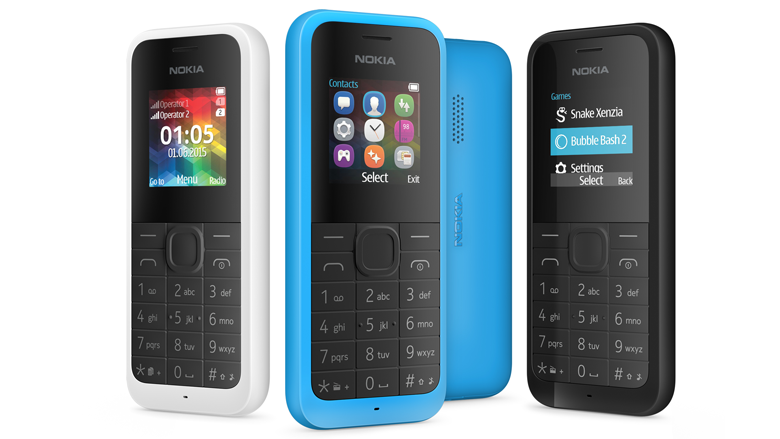Two years after buying Nokia’s device manufacturing business and its patent portfolio for $7.2 billion, Microsoft is selling the business of simple mobile phones and all its assets to Taiwanese and Finnish companies for $350 million.

It’s not about selling the smartphone business.
According to the deal, for the specified amount, the Americans give assets for entry-level devices, a factory in Vietnam, about 4,500 employees, brands, software, services, user contracts and supply agreements. It is unknown what part of the assets previously purchased from Nokia remains with Microsoft.
The buyers are FIH Mobile, a division of the Taiwanese company Foxconn, engaged in the production of iPhones for Apple, as well as the Finnish startup HMD Global.
And here everything becomes much more interesting. The CEO of the latter is Arto Nummela, a Nokia veteran and now vice president of sales and Marketing for Microsoft in Asia, the Middle East and Africa.
Moreover, Nokia has already signed an exclusive license with HMD Global. Under its terms, HMD Global will receive the rights to create mobile phones and tablets under the Nokia brand for the next ten years. HMD Global plans to spend more than $500 million over three years on marketing these devices alone.
That is, it is clear that Nokia has seriously decided to return to the device market. However, most likely, we should not wait for a new OS. The time has long been lost.
A natural question against this background: what will happen to Windows Phone / Windows Mobile? Formally described transaction should not affect it. We are talking only about selling the business of ordinary phones, not the business of smartphones. But Microsoft itself does not write anything about it. The official statement of the company says only that it will continue to develop the Windows 10 Mobile platform, support Lumia devices, as well as gadgets on this operating system from partners.
According to rumors, the company is currently working on a new device, but this does not guarantee that Microsoft will not abandon its production. In any case, in order to remain on the market of mobile platforms, it is not necessary to produce devices independently.
But whether it is worth focusing on the Microsoft platform when the owner company refuses such assets is still a big question (for reference, in the third quarter of last year, the company earned more on conventional mobile phones than on smartphones).
Sources: International Buisness Times, VentureBeat, engadget, Microsoft, Nokia
